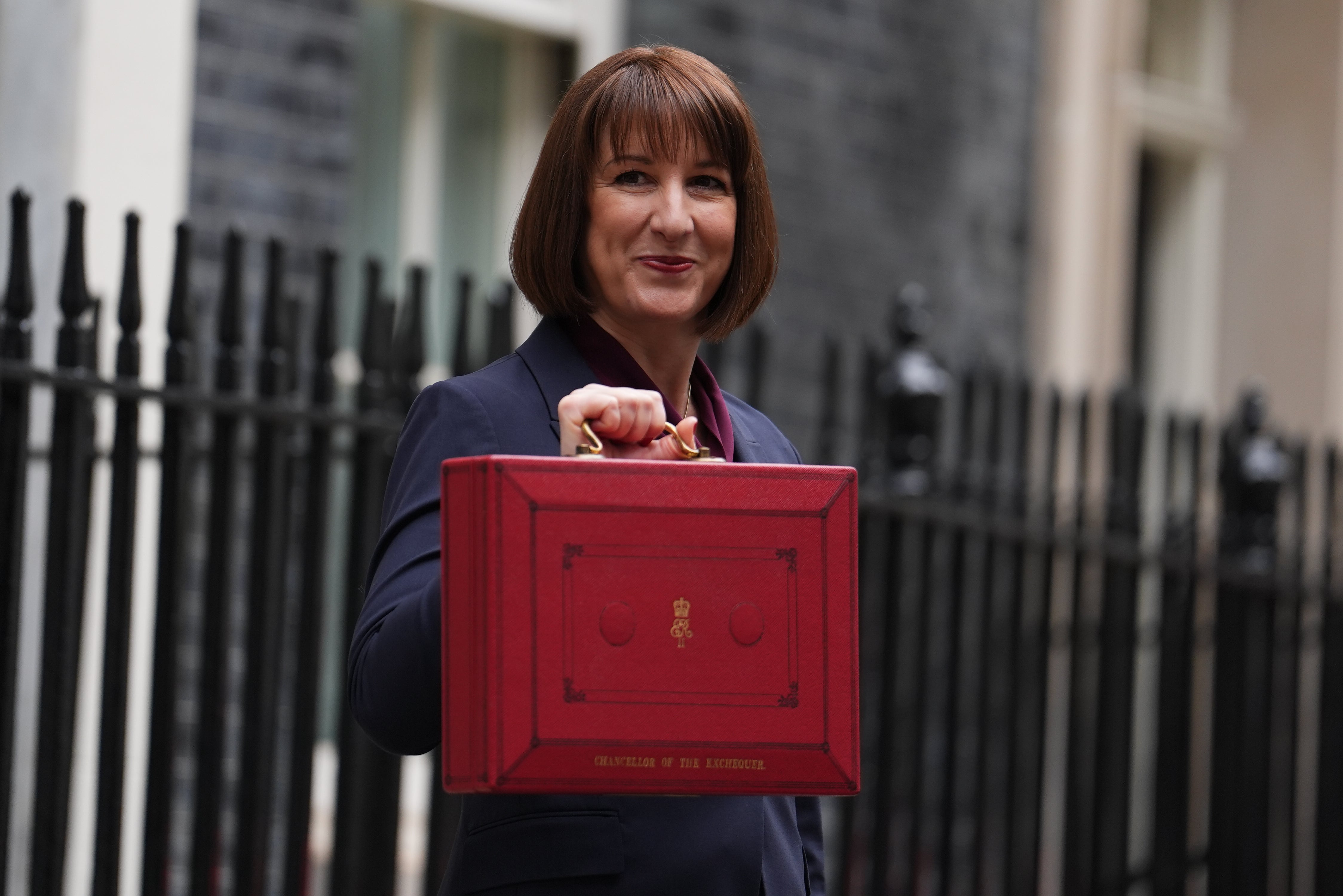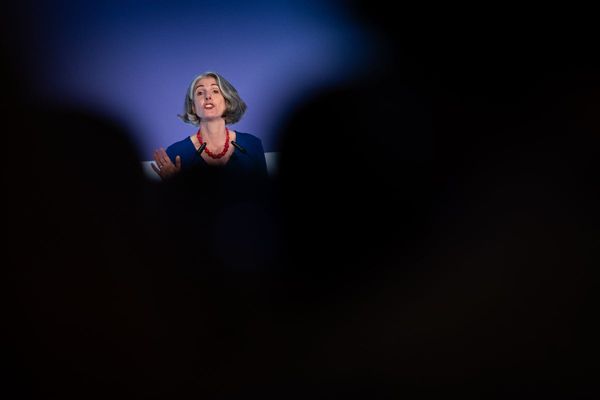Rachel Reeves will stare down business amid fierce criticism of her Budget, telling bosses “we had no alternative” to harsh tax hikes.
The chancellor will come face to face with firms at the Confederation of British Industry’s (CBI) annual conference, saying “I stand by those choices” laid out last month.
The CBI has warned that Ms Reeves’ tax grab will hit growth by undermining companies’ investment plans, with chief executive Rain Newton-Smith saying the government has made it harder for firms to “take a chance” on hiring new people.
She will tell the group’s annual conference in London: “Across the board, in so many sectors, margins are being squeezed and profits are being hit by a tough trading environment that just got tougher.

“And here’s the rub, profits aren’t just extra money for companies to stuff in a pillowcase. Profits are investment… When you hit profits, you hit competitiveness, you hit investment, you hit growth.”
Ms Newton-Smith will add: “What really defines growth is the decisions made in boardrooms up and down the country.
“It’s CFOs and CEOs asking: can we afford to invest? Can we afford to expand? Can we afford to take a chance on new people?
“Well after the Budget, the answer we’re hearing from so many firms is still ‘not yet’.”
But a defiant Ms Reeves is expected to say: “I have heard lots of responses to the government’s first budget but I have heard no alternatives.
“We have asked businesses and the wealthiest to contribute more. I know those choices will have an impact. But I stand by those choices as the right choices for our country: investment to fix the NHS and rebuild Britain, while ensuring working people don’t face higher taxes in their payslips.”
Labour made economic growth a central part of its pitch to voters in the general election, and has repeatedly pledged to help boost business investment since entering government.
In the October Budget, Ms Reeves announced a nearly £70 billion uplift in public spending, partly funded by sharp increases in business taxes such as employer national insurance contributions.
Labour also raised the minimum wage, in a move praised by workers’ groups and unions, but which businesses have said will force them to pass on some costs to consumers, hire fewer people or make less profit.
In her speech, Ms Newton-Smith will point to a recent survey by the body, which found almost two-thirds of companies think the Budget will damage UK investment.
The event is due to be attended by the chancellor, who is expected to take part in an onstage talk with Scottish Power chief executive Keith Anderson.
Ms Newton-Smith will say: “Tax rises like this must never again be simply done to business.
“That’s the road to unintended consequences. From now on we need an elevated partnership for a higher purpose.
“Too many businesses are having to compromise on their plans for growth. We can’t let that stand and not act.”
Ms Newton-Smith will also urge the government to move faster on promises to reform business rates, give companies more flexibility on how they spend money via the apprenticeship levy, and make occupational health tax-free to help fewer people drop out of the workforce.
She will also say that Ms Reeves should slash red tape across a number of industries, after the chancellor vowed to reduce regulatory hurdles for the financial sector earlier in November.
And she will call for a “simpler” planning system, less complex tax rules and an expansion of measures designed to encourage new technology adoption among small businesses.
The chief executive will say: “On regulation, the Chancellor’s Mansion House speech committed to putting risk appetite back in our toolbox for growth. Now we need the same approach for regulation across sectors.”
Last week, a closely-watched monthly business survey suggested that activity across the UK’s private sector contracted in the first weeks of November, amid a drop in firms’ confidence after the Budget tax rises.
And earlier in November, retailers including Tesco, Sainsbury’s and Marks & Spencer warned that they will face a £7 billion jump in their costs because of the Budget policy changes, and said job losses were “inevitable”.
A government spokesperson said: “Last month we delivered a once in Parliament budget to wipe the slate clean and deliver change by investing to repair the NHS and rebuild Britain, while ensuring working people don’t face higher taxes in their payslips.
“That meant difficult choices to repair the public finances and to put public finances on a firmer footing. However, the alternatives were more austerity, more decline and more instability that would have left businesses and working people worse off.
“Despite the difficult inheritance, the Government is determined to go for growth and to work in partnership with businesses to invest in Britain’s future so we can make every part of the country better off. That is why the Government is reforming the planning system, tackling barriers to trade and taking forward the £63 billion of private sector investment announced at the International Investment Summit.”










